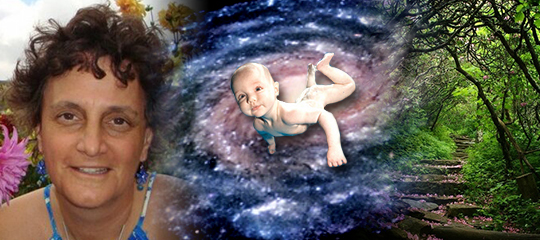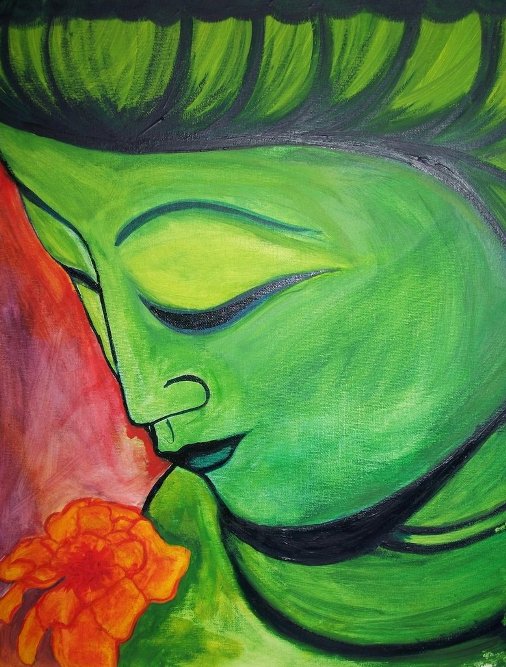
 When you live with, or are raised by, people who are mean, unreasonable, abusive, and who can’t attune to your needs you learn to cope to survive emotionally, psychically, and even physically. Such coping methods are not rooted in sustainable loving but in protection and defensiveness.
When you live with, or are raised by, people who are mean, unreasonable, abusive, and who can’t attune to your needs you learn to cope to survive emotionally, psychically, and even physically. Such coping methods are not rooted in sustainable loving but in protection and defensiveness.
This happens as a child and as adults. As adults, we choose to live with and to couple with those who remind us of our dysfunctional and hurtful past. However painful this reality is, it is comfortable to us. It is familiar, almost familial. Encountering what we never had can be scarier than the same suffering over and over.
This need not be a mistake, if we can see it for what it is: an opportunity to become more conscious of our healing and to liberate ourselves the rest of the way — from painful patterns and an encrusted heart of pain unto the glorious person we sense ourselves to be.
When we grow up with people who hurt us more than love us, we learn to lie, shut down, not give a crap, to condemn people generally. We develop beliefs that all or most people are evil and out to hurt us. The encrustations around our hearts for truer loving become thick and tough to break down.
Especially if we cannot express our feelings or truth to a parent or trusted other, much less the perpetrator, the torment can be severe and make us seem like monsters. Ironically, we become what we despise.
This builds an armoring of falsehood, and the consolidation of pain. We carry this falsehood and learned defensiveness and deceptiveness in to the world with us, into all our relationships — the monster we learned to become as a default to a lack of functional loving.
Or, if we just can’t stomach being a monster, we might become a pleaser, so we never have to show the pain and rage we feel inside. This, unfortunately, is also to be a monster.
But we are not really monsters. And the way to undo ourselves from its grip is to go through the emotions that have been lumped upon our hearts and stuffed into the sinews of our soul. We have to relive and undo the rage, sadness, desperation, isolation, hopelessness, and hatred we collected as a default means to survive in a harsh world.
If we don’t discharge the pain while simultaneously learning how to let in good loving, we end up perpetrating others, despite our best intentions. We end up hurting the world the way we were hurt. And this monster pain can’t be undone by positive thinking, by just focusing on love, by ignoring it, by staying busy, by taking drugs, reframing, or through “awakening” practices that don’t directly address the pain face-to-face, hands-on.
The monsters inside us which we inherited more than chose, that are not truly us, can be dealt with through a comprehensive, cathartic, and entirely liberating process called grief-work, which is to turn towards our many layers of pain and release them. It is to learn the story of what happened to us through the story our bodies carry. It is to weave the threads of best evidence from memories, sensations, feelings, thoughts, images, triggers, and dreams into a cohesive story which resonates deeply as true. It is to let out the rage, sadness, and helplessness so it no longer tortures and steals from us the beauty beneath our pain.
This does not mean that we automatically trust the interpretations we derive from our feelings and thoughts. It does mean that after some time of courageously welcoming and consistently familiarizing ourselves with our most difficult feelings and memories, we get a sense of what happened, especially through what cathartically releases from the felt sense of our bodies. This is the essence of somatic psychotherapeutic work.
So, I present to you the possibility to stop lugging around the overlay, the once-protective facade, of who you are not. It’s not needed any longer, and your current relationships crave who you more deeply and genuinely are. This is possible by going through the pain, by entering it directly. It is not found in New Age belief systems or other means of “awakening” that largely ignore or just pay lip service to our emotional backlogs without entering them.
This is to feel the pain so that we can express and release it, so we no longer carry its weight inside, so it no longer vampires our hearts. Many think we can just ignore it and focus on the good, on the love we already have in hand. While this is valuable, it is grossly incomplete. What is more loving, more holistic, more sustainable, is to increase this love by turning it towards the hurts we carry inside. This way we liberate the rest of ourselves that remain stuck in the patterns of old.
I passed through this process myself and show how to navigate it in the Nourish Practice described below.
I invite you to enter this healing crucible to drop the encrustations around your heart. Become the person you know you are; it is your opportunity now as an adult and as a lover of the world, a world that you might have come to hate as result of the hate dumped onto you.
The past lives in your body and deep mind. Go there to discover it and to free yourself.



